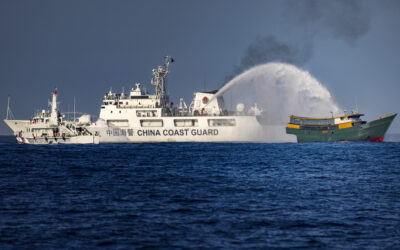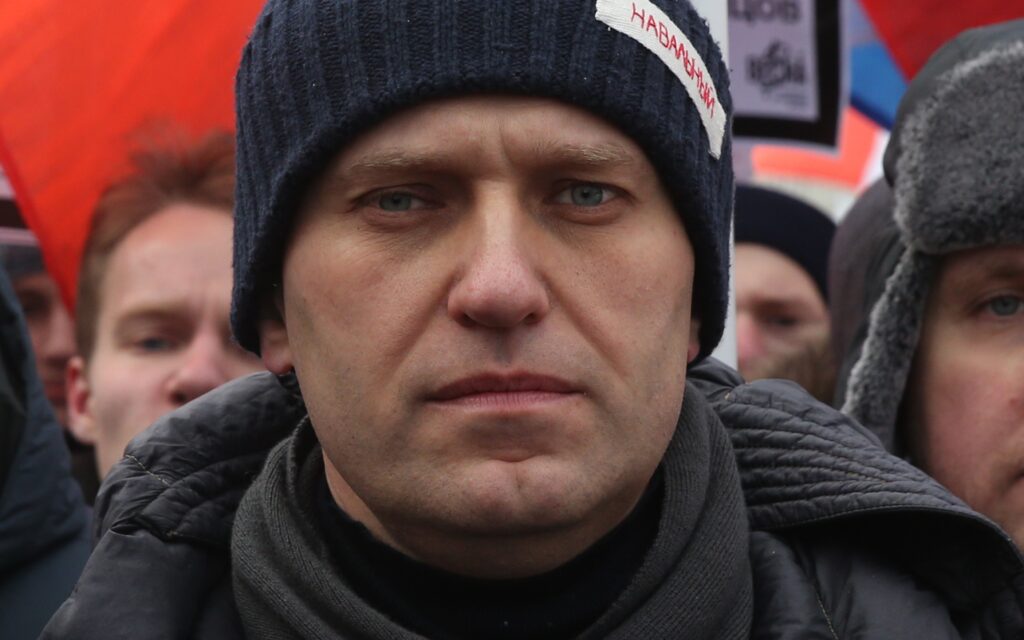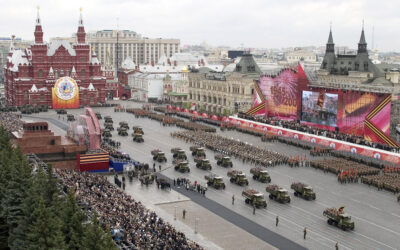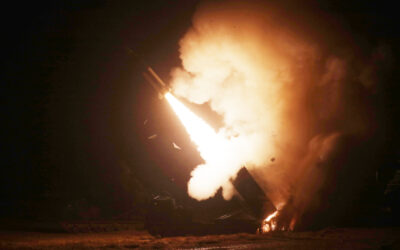
South China Sea Flareups Raise Fears of Wider Conflict
SUBSCRIBER+ EXCLUSIVE REPORTING — The South China Sea is boiling again. “The Cipher Brief has become the most popular outlet for former intelligence officers; no […] More

“The Cipher Brief has become the most popular outlet for former intelligence officers; no media outlet is even a close second to The Cipher Brief in terms of the number of articles published by formers.” —Sept. 2018, Studies in Intelligence, Vol. 62
Access all of The Cipher Brief’s national security-focused expert insight by becoming a Cipher Brief Subscriber+ Member.
Related Articles

SUBSCRIBER+ EXCLUSIVE REPORTING — The South China Sea is boiling again. “The Cipher Brief has become the most popular outlet for former intelligence officers; no […] More

SUBSCRIBER+ EXCLUSIVE REPORTING — It’s an unusually busy week in Moscow. Russian President Vladimir Putin has been inaugurated for a fifth term, the military is […] More

SUBSCRIBER+ EXCLUSIVE REPORTING — In late March, hunkered in his sandbag-lined compound with visiting Washington Post columnist David Ignatius, Ukrainian President Volodymyr Zelensky pleaded for […] More

SUBSCRIBER+EXCLUSIVE ANALYSIS — While top cybersecurity officials sound the alarm over intrusions by Russia, China and individual hackers into U.S. critical infrastructure, they’ve noticed another […] More

SUBSCRIBER+EXCLUSIVE REPORTING — The last Afghan head of intelligence before the 2021 Taliban takeover of Afghanistan believes terrorist groups have regained a foothold in the […] More

SUBSCRIBER+EXCLUSIVE INTERVIEW — Russia’s relentless assault on Ukraine has forced a revival of Ukraine’s domestic defense industry. Ukraine tripled defense production in 2023, the first full […] More
Search